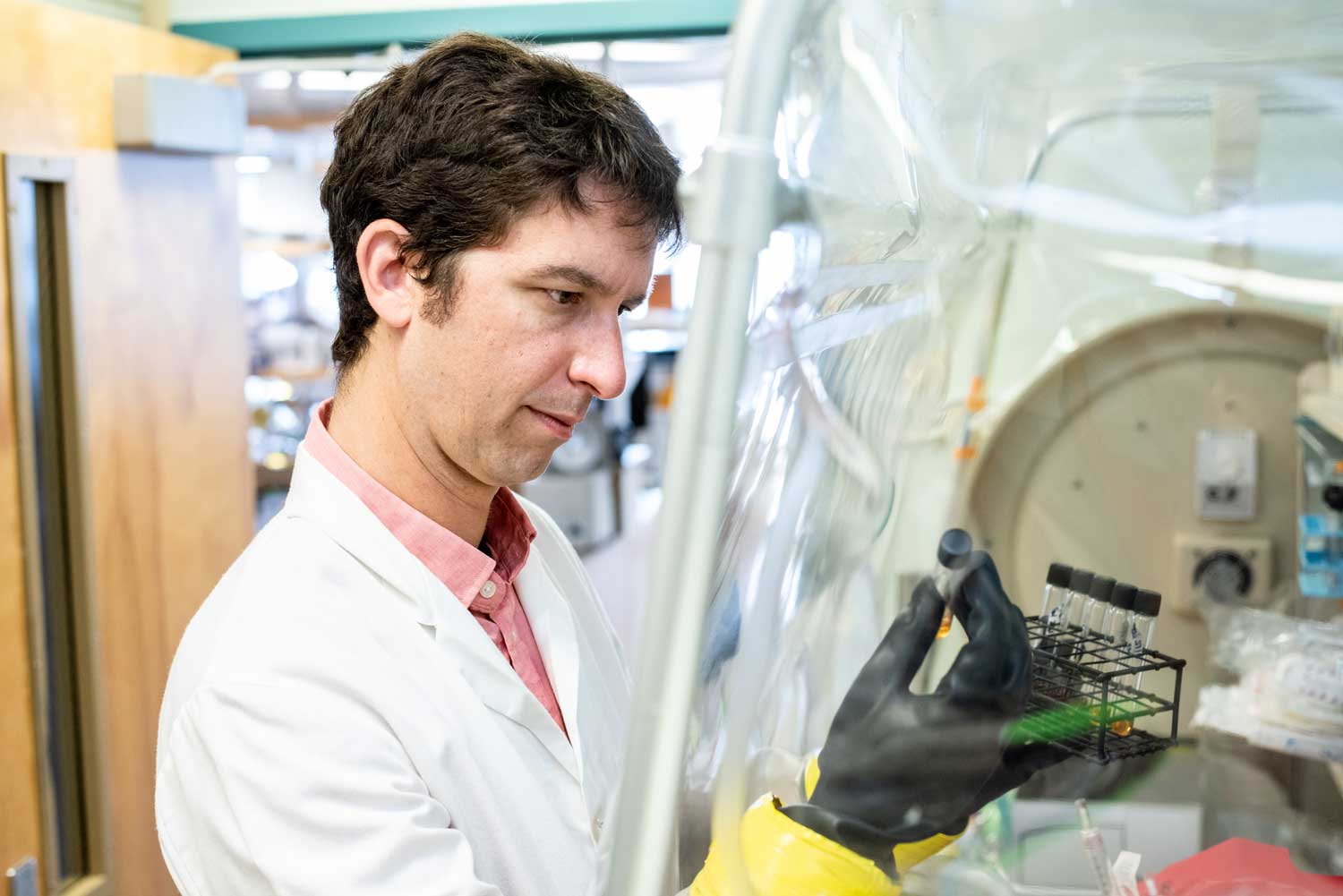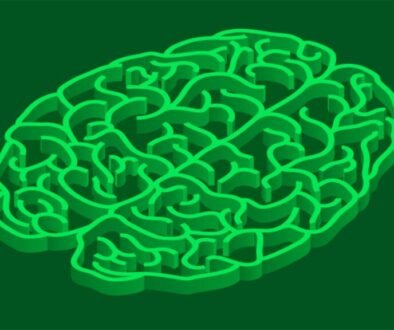How the keto diet could one day treat autoimmune disorders
[ad_1]
Scientists are suspected for a long time that the keto diet could be able to calm a hyperactive immune system and help some people with diseases such as multiple sclerosis.
Now they have reasons to believe it might be true.
UC San Francisco researchers have discovered that the diet makes the intestine and its microbes produce two factors that have attenuated the symptoms of MS in mice.
If the study results in humans, it points to a new way of treating MS and other autoimmune disorders with supplements.
The keto diet seriously restricts foods rich in carbohydrates such as bread, pasta, fruit and sugar, but allows unlimited fat consumption.
Carbohydrates to use as fuel, the body rather breaks down fat, producing compounds called ketone body. Ketone bodies provide energy to burning cells and can also change the immune system.
By working with a model of MS mice, researchers found that mice that produced more than a particular ketone body, called β-hydroxybutyrate (βHB), had a less serious disease.
Additional βHB also caused the intestinal bacteria Lactobacillus murinus To produce a metabolite called Indole lactic acid (ILA). This has blocked the activation of T Helper 17 immune cells, which are involved in MS and other autoimmune disorders.
“What was really exciting is to note that we could protect these mice against inflammatory diseases simply by putting them on a diet that we completed with these compounds,” said Peter Turnbaugh, PHD, of Benioff Center for Microbiome Medicine.

Earlier, Turnbaugh had shown that when it was secreted by the intestine, βHB counters immune activation. This prompted a postdoctoral scholar who then worked in his laboratory, Margaret Alexander, PHD, to see if the compound could relieve the symptoms of MS in mice.
In the new study, which appears on November 4 Cell reportsThe team examined how the diet rich in ketone affected mice which could not produce βHB in their intestines, and found that their inflammation was more serious.
But when the researchers completed the diets with βHB, the mice improved.
To discover how βHB affects the intestinal microbiome, the team has isolated bacteria of three groups of mice that have been fed, either the keto diet, a regime rich in fat or the regime rich in fats supplemented by βHB.
Then, they detected the metabolic products of the distinct microbes of each group in an immune test and determined that the positive effects of the diet came from a member of the genus Lactobacillus: L. Murinus.
Two other techniques, the sequencing of genome and mass spectrometry, have confirmed that the L. Murinus they found produced indolent lactic acid, which is known to affect the immune system.
Finally, the researchers treated MS mice with Ila or L. Murinus, and their symptoms have improved.
Turnbaugh has warned that the supplement approach must still be tested in people with autoimmune disorders.
“The big question is now how it will result in real patients,” he said. “But I think these results give hope to the development of a more tolerable alternative to help these people than to ask them to stick to a difficult and restrictive diet.”
Authors: In addition to Turnbaugh and Alexander, the authors include Vaibhav Upadhyay, Rachel Rock, Lorenzo Ramirez, Kai Trepka, Diego Oreilana, Qi Yan Ang, Caroline Whitty, Jessie Turnbaugh, Darren Dumlao, Renuka Nayak and John C. Newman Yuan Tian and Andrew Patterson Pennsylvania State University.
Funding: This work was funded by the NIH (P30 DK063720 subsidies, R01DK114034, R01HL122593, R01AR074500, R01AT011117, F32AI14745601, K999AI159227, R00AI15927-03, K08HL165106, K08AR073930, R01AG067333, R01DK091538, R01AG069781) and the Damon Runyon Cancer Research Foundation (DRR4216). Turnbaugh is an investigator Chan Zuckerberg Biohub-San Francisco.
[ad_2]




